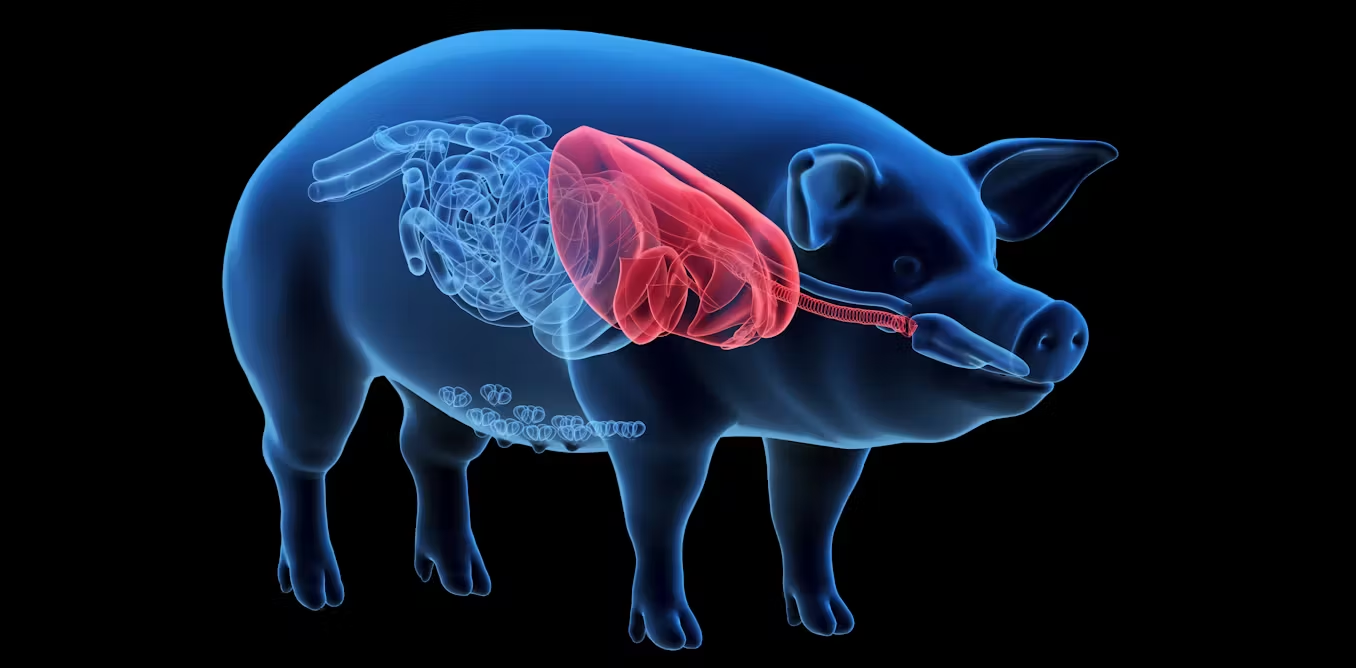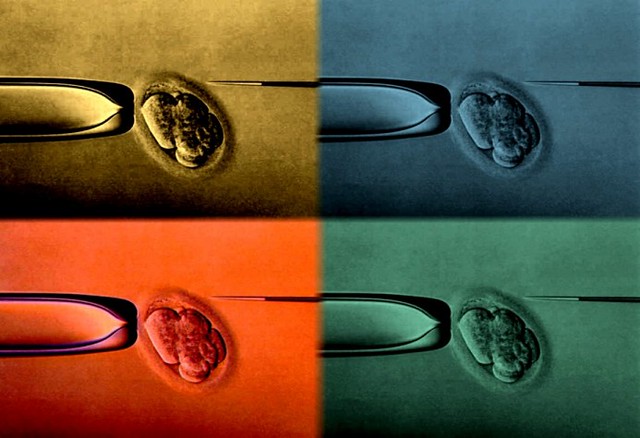
The Asilomar 2025 conference, a pipe dream
The Asilomar Conference (California, United States) on ‘recombinant DNA’ was organised in 1975 by molecular biology researchers. Its aim was to define the safety conditions necessary for handling genetically modified bacteria shortly after the first attempts at transgenesis.
Today, despite their medical, agricultural and environmental promises, biotechnological advances, combined with other technologies such as ‘artificial intelligence’, are above all a sword of Damocles hanging over all living things. In 2025, a new Asilomar conference failed to produce a joint statement by the participants.

The EU’s “life sciences” strategy: a pro-industry strategy
Under the guise of making the continent a world leader in “life sciences”, the European Commission has confirmed its clearly pro-industry vision in its strategy published in early July. With a resolutely competitiveness-focused approach, it minimises the potential consequences for other social actors.

Xenotransplantation: and the pig?
Xenotransplantation in humans is the subject of one announcement after another. This involves transplanting an organ or tissue from a genetically modified animal into a human, to alleviate the shortage of human organs. The “new genomic techniques” are used to genetically modify donor animals. Does the use of these techniques raise new questions of animal ethics?

The European Patent Office outlines a fragile ethical frontier
In September 2024, the European Patent Office (EPO) refused a patent for human-pig chimeras on the basis of the ethical rules governing patentability in biotechnology. By invoking the protection of “human dignity”, the EPO is drawing a sometimes fluctuating line between innovation and respect for fundamental values. This decision sets a – perhaps fragile – precedent for inventions affecting human identity, and highlights the complexity of an ethical framework in the era of unbridled biotechnology.

“Essentially biological process”, a definition shaken up
During the parliamentary work on the proposal for a European regulation on plant reproductive material, known as the “seeds regulation”, a question arose: should so-called “non-targeted mutagenesis” be considered as an “essentially biological process”? As these processes are excluded from patentability, the question may seem important. But such a decision would not be without consequences for the regulation of GMOs.

GMOs: U-turn by the man in charge of the “Green deal”?

Journal
Patents on living organisms: a growing appropriation


